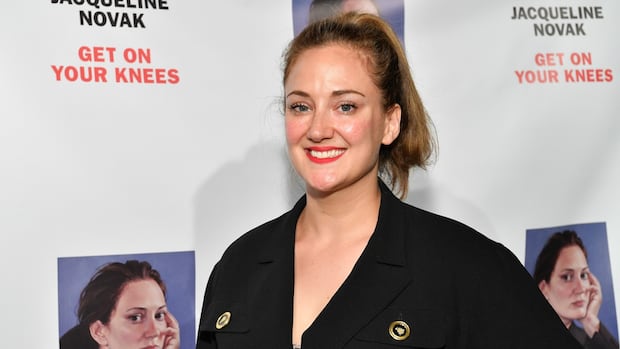Stand-up comedy is enjoying a renaissance, fueled by Netflix specials and social media platforms that make audiences feel like they’ve discovered something niche, like a hidden gem in the clearance section. With revenues skyrocketing, supposedly over $900 million last year—because who doesn’t want to fork out cash to hear about life’s ridiculousness?—Kevin Hart’s bagging the top seat with $68.3 million is a fun reminder that failing to laugh at life can be financially lucrative for some.
In Canada, it seems Live Nation has taken a leaf out of the “let’s double down” handbook, nearly doubling its comedy show promotion every year. The president of music, Erik Hoffman, might as well be a fortune teller, predicting this growth will continue. Maybe he should branch out into stand-up too.
But the true MVPs of this comedy boom? Social media and Netflix. Forget late-night talk shows; now, comedians can engage a niche audience on platforms they probably spent too many hours scrolling through during those lonely existential crises. Rachel Feinstein, for example, connects directly with her audience without worrying about one disinterested guy in a backroom who might judge her jokes while taking an inappropriate interest in her career trajectory.
New Paths to Success
Gone are the days when comedians had to grind through comedy clubs hoping to be “discovered.” Social media sprouted opportunities like weeds at a summer barbeque. Now, niche audiences are practically begging to be found, and Feinstein’s tales from the life of a firefighter’s wife have done just that, showing that there’s a real audience out there— as long as the algorithm smiles upon them, of course.
Yet, with great power comes great responsibility—specifically, the responsibility to market oneself constantly. Feinstein humorously laments the 40,000 unanswered emails starving her inbox. When did comedy become a second full-time job in digital marketing, and why wasn’t she warned about that during her comedy classes?
Self-Marketing—The New Comedy Frontier
Jacqueline Novak, who made her off-Broadway triumph into a Netflix special, agrees that while social media offers a thrilling way to cultivate an audience, it feels strangely undignified to strut around promoting oneself like a circus monkey. She quips that marketing feels “inherently embarrassing,” but then again, isn’t that what every artist secretly fears—being labeled a sellout while trying to avoid the label of “broke?”
People used to gain followers through natural charisma; now, it’s all about how well you can market your ten-second TikTok featuring your best punchlines. It’s like being at a carnival where everyone wants to see the fire-eater, but you’re stuck as the guy pushing the cotton candy cart, wondering where it all went wrong.
The Internet: The Great Equalizer
According to Matt Blake, a major player in comedy touring, the internet does a fantastic job of leveling the playing field. “If the content’s good, people come,” he says. But that’s a big “if,” akin to saying, “If you can breathe, you can run.” The reality is more complicated. Remember when Dane Cook was the reigning king of MySpace? Now it’s a free-for-all, with everyone vying for their piece of viral fame.
Netflix has been buying comedy specials like they’re collectibles since 2013, airlifting comedians to stardom faster than you can say “streaming, baby.” Yet, with all these opportunities comes an explosion of competition, making it harder for comedians to know if their style is a “one-hit wonder” or “just one of the million that won’t hit.”
The Rise of Comedy Venues
The buffet of comedy venues continues to expand, especially post-pandemic. Greg Dean, a veteran comedy instructor, insists that this newfound accessibility means more hopeful comics are trying their hand at humor. Toronto, for instance, has welcomed new venues with open arms, creating an environment where “if you build it, they will come.” Or at the very least, they’ll sit awkwardly in the back, checking their phones.
Yet, with rising opportunity comes the pressure of online presence: In today’s age, you are only as good as your follower count. Comedian Jackie Pirico notes that this trend has fueled anxiety among performers. Who knew that aspiring to be funny could also come with the weighty responsibility of keeping your Instagram algorithm happy?
So, while the stand-up circuit is thriving like never before, it is wrapped in a paradox. You can reach out to your audience at the click of a button, but let’s not forget the countless hours spent hustling online just to earn that precious applause—or to drown in the depths of some internet troll’s bitterness. Welcome to the age of comedy where laughs are just a hashtag away, but the hustle is real.

